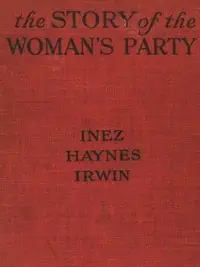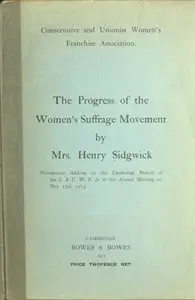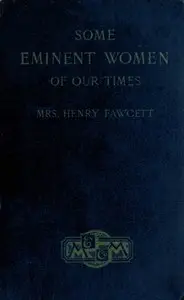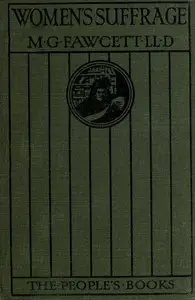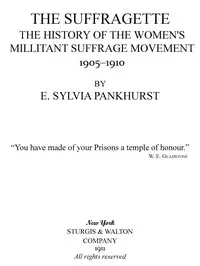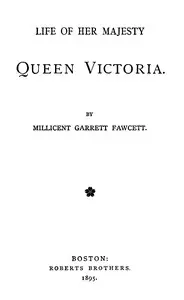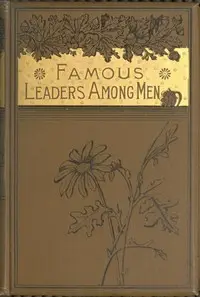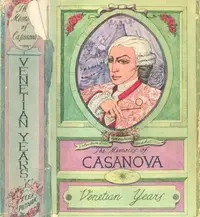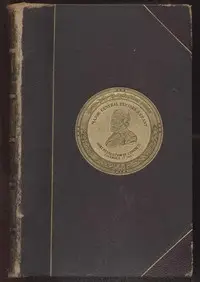"The Women's Victory—and After: Personal Reminiscences, 1911-1918" by Millicent Garrett Fawcett is a tale from the early 1900s, looking at the fight for women's voting rights in Great Britain. Fawcett, who was right in the middle of the action as a leader of the movement, shares her own stories and thoughts about the hard times, big wins, and important moments that changed history. Jumping right in, Fawcett talks about her earlier writings from 1911, setting the scene for the battles to come. She brings to light just how tough it was to get support, pointing out key players like Prime Minister Asquith, while also celebrating the suffragists' efforts to push new laws, such as the Conciliation Bill. Fawcett pulls back the curtain on both the problems inside the suffrage movement and the battles they fought on the outside, like the disagreements over how aggressive they should be and the changing support from different political groups as the suffragists eventually clinch the right to vote.
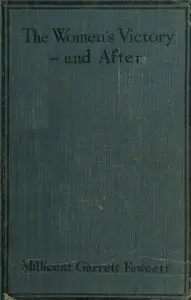
The Women's Victory—and After: Personal Reminiscences, 1911-1918
By Millicent Garrett Fawcett
Discover how determined activists fought tooth and nail to transform society and win the vote for women during a pivotal period in history.
Summary
About the AuthorDame Millicent Garrett Fawcett was an English political activist and writer. She campaigned for women's suffrage by legal change and in 1897–1919 led Britain's largest women's rights association, the National Union of Women's Suffrage Societies (NUWSS), explaining, "I cannot say I became a suffragist. I always was one, from the time I was old enough to think at all about the principles of Representative Government." She tried to broaden women's chances of higher education, as a governor of Bedford College, London and co-founding Newnham College, Cambridge in 1875. In 2018, a century after the Representation of the People Act, she was the first woman honoured by a statue in Parliament Square.
Dame Millicent Garrett Fawcett was an English political activist and writer. She campaigned for women's suffrage by legal change and in 1897–1919 led Britain's largest women's rights association, the National Union of Women's Suffrage Societies (NUWSS), explaining, "I cannot say I became a suffragist. I always was one, from the time I was old enough to think at all about the principles of Representative Government." She tried to broaden women's chances of higher education, as a governor of Bedford College, London and co-founding Newnham College, Cambridge in 1875. In 2018, a century after the Representation of the People Act, she was the first woman honoured by a statue in Parliament Square.

